Publications
Articles, publications, books, tools and multimedia features from the U.S. Institute of Peace provide the latest news, analysis, research findings, practitioner guides and reports, all related to the conflict zones and issues that are at the center of the Institute’s work to prevent and reduce violent conflict.
Question And Answer
Amid a Changing Global Order, NATO Looks East
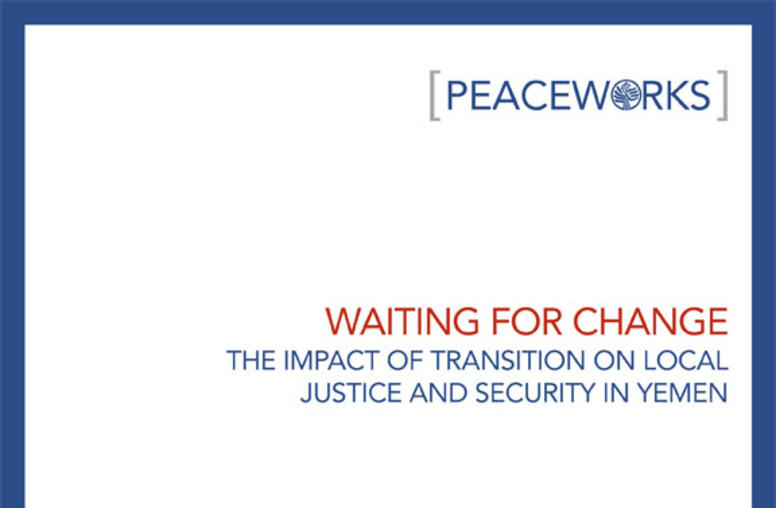
Waiting for Change
A year after a political compromise ended popular protests in Yemen, the transitional government has met some benchmarks for reform. However, key demands for improved security and government services, for example, remain stalled. This report studies security and justice conditions in four governorates to assess how transition is progressing. Also available in Arabic (1,076 KB))
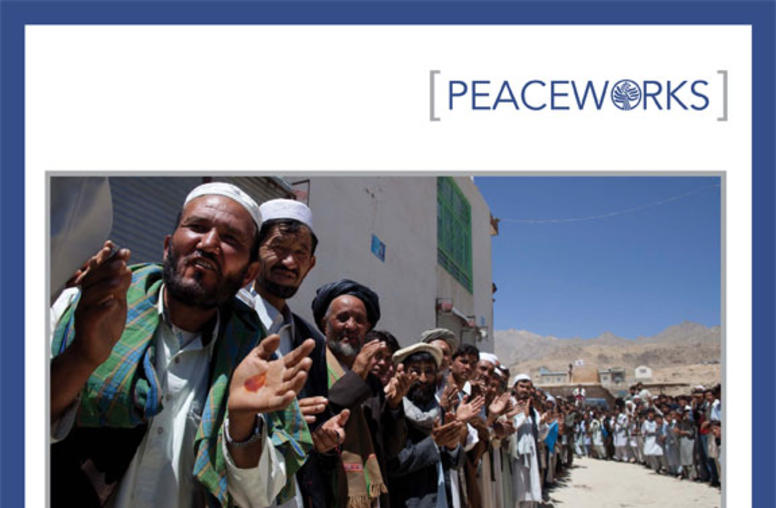
Informal Justice and the International Community in Afghanistan
Recognizing that lack of access to justice in Afghanistan was a serious problem that helped fuel insurgency, the international community launched an array of programs to research and actively support informal justice mechanisms. In some cases, these efforts hampered local dispute resolution. This study finds that the best approaches fostered an environment for local political change that strengthened linkages between formal and informal participants in the justice system.
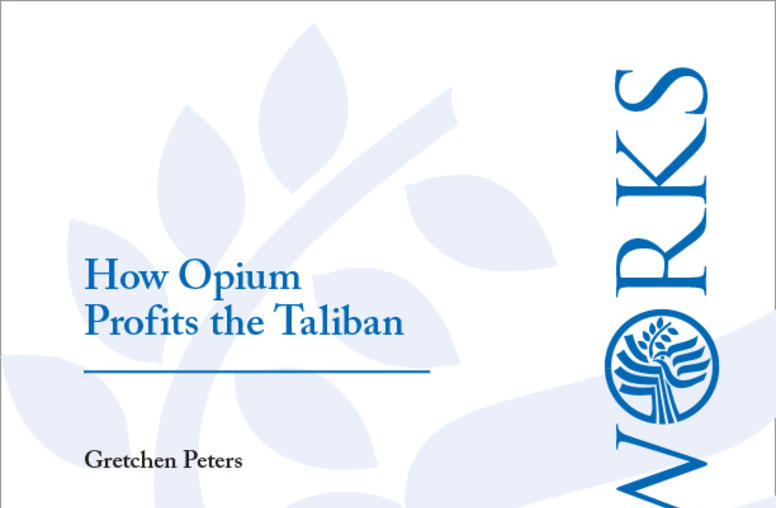
How Opium Profits the Taliban
In Afghanistan's poppy-rich south and southwest, a raging insurgency intersects a thriving opium trade. A new USIP report, How Opium Profits the Taliban, examines who are the main beneficiaries of the opium trade, how traffickers influence the Taliban insurgency as well as the politics of the region, and considers the extent to which narcotics are changing the nature of the insurgency itself.
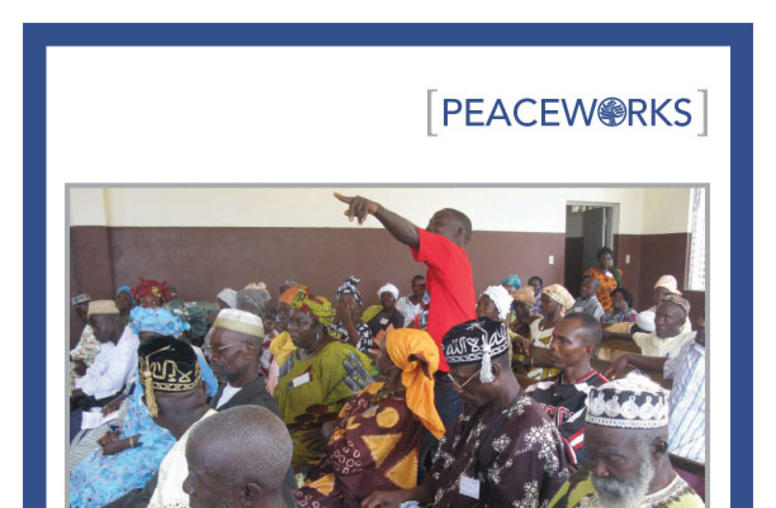
Looking for Justice: Liberian Experiences with and Perceptions of Local Justice Options
This report presents the research findings and analysis of ten months of field study as part of the United States Institute of Peace and George Washington University project titled "From Current Practices of Justice to Rule of Law: Policy Options for Liberia's First Post-Conflict Decade."
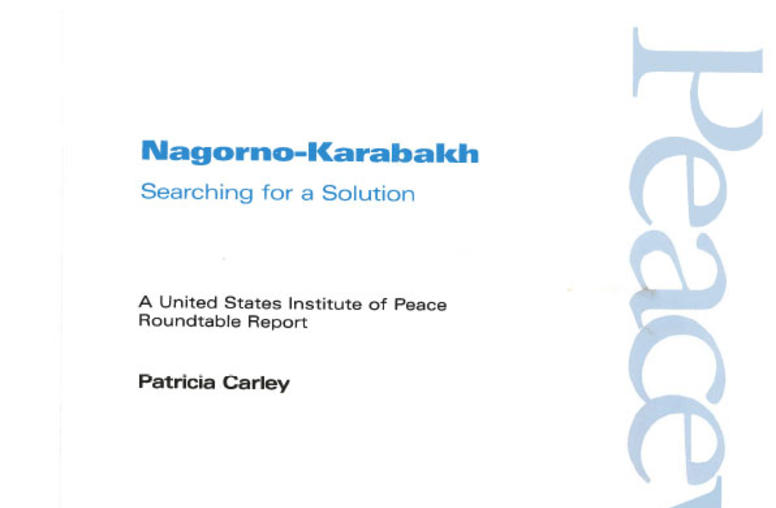
Nagorno-Karabakh: Searching for a Solution
Although it has long since fallen out of the headlines, the conflict over the territory of Nagorno-Karabakh appears no closer to resolution than when the worst of the fighting ended six years ago. Hotly disputed between Armenians and Azeris, this tiny, barren area in the southern Caucasus region of the former Soviet Union has been the scene of some bitter fighting; though the military clashes have largely ceased, the political battles are as high-pitched as ever.
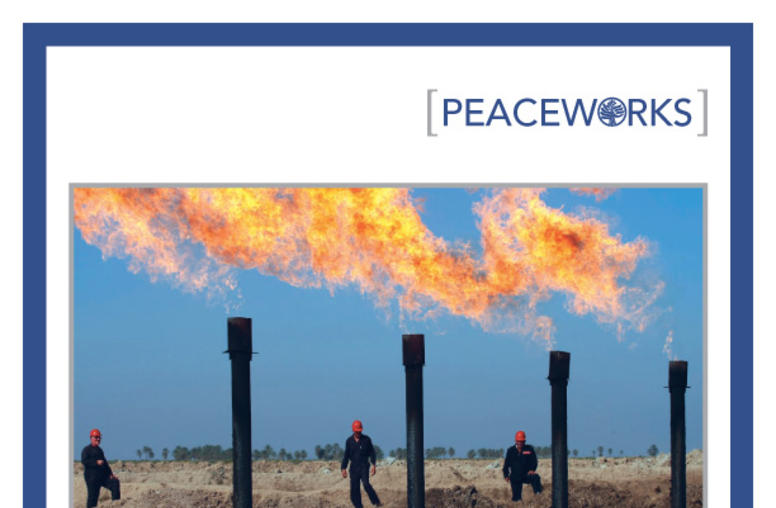
Iraq's Oil Politics
A new USIP report appraises the explosive politics of Iraq’s oil wealth and opportunities to address the conundrum.
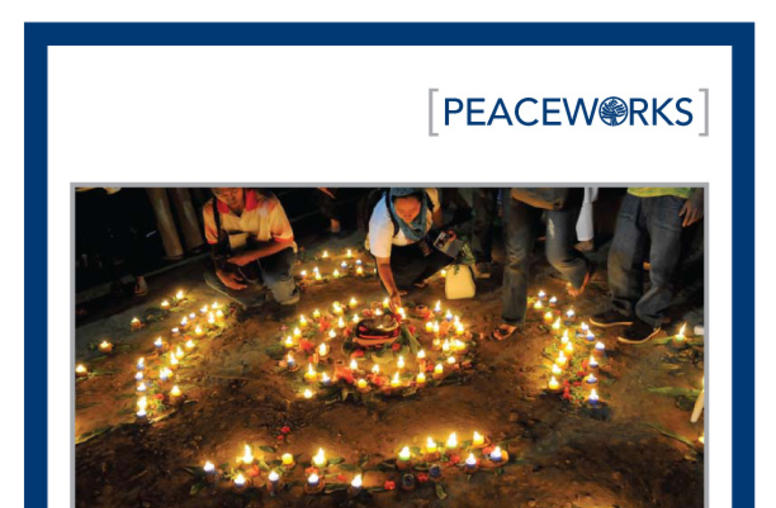
Women in Religious Peacebuilding
To recognize and understand better the role of women in religious peacebuilding, the United States Institute of Peace, the World Faiths Development Dialogue (WFDD), and Georgetown University’s Berkley Center for Religion, Peace, and World Affairs launched an initiative with a symposium on July 7 and 8, 2010, at Georgetown University. This report highlights the initiative’s main findings to date.
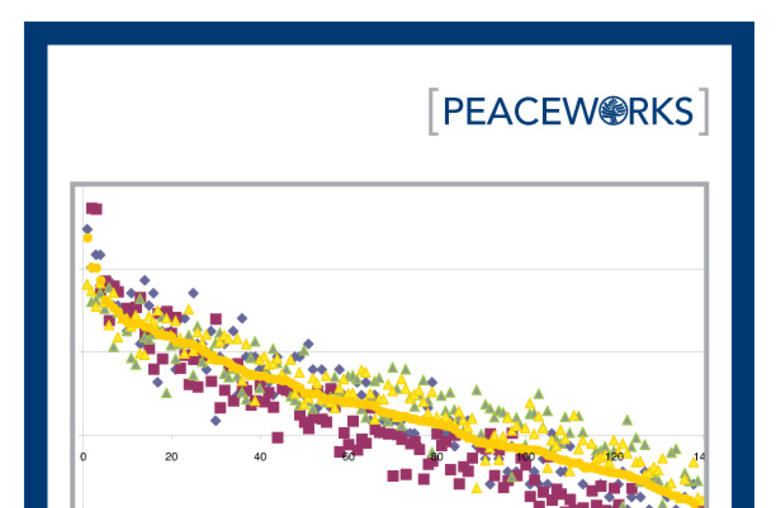
Vulnerability to Intrastate Conflict
This report, which draws on the International Futures modeling system for its analysis, focuses on vulnerability to conflict. This meta-analysis approach seeks to help those in scholarly and policy environments understand more fully the various quantitative measures on conflict vulnerabilities.
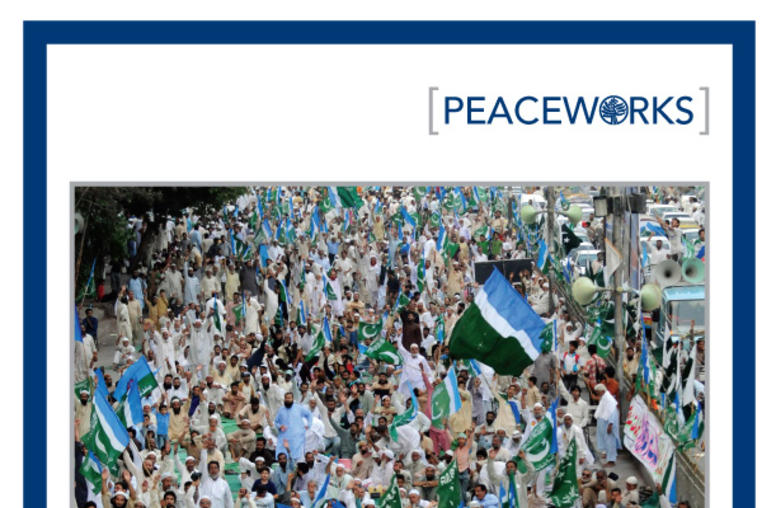
Will the Long March to Democracy in Pakistan Finally Succeed?
To break its pattern of alternating democratic and military rule, Pakistan’s civilian government should assert authority over its military and intelligence agencies, involve civil society in building a robust legislative agenda, and investigate and prosecute corruption. The international community can help by maintaining support for Pakistani institutions and organizations that have strengthened democratic practices.
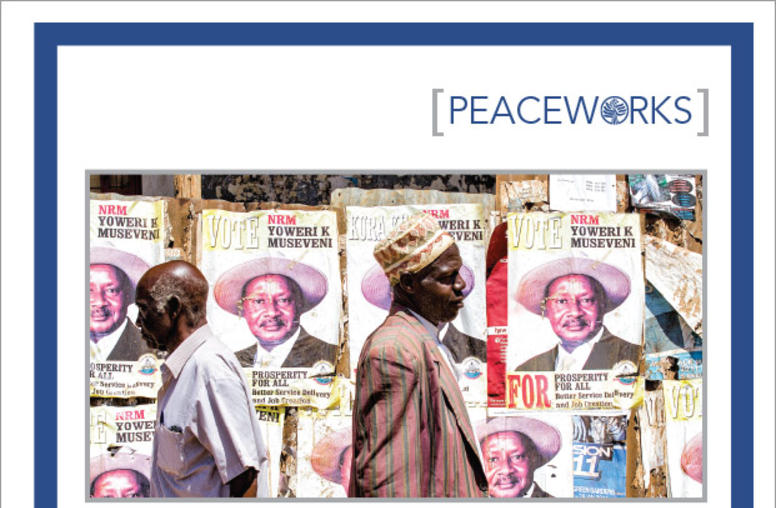
Weak Ugandan Democracy, Strong Regional Influence
Ugandan President Yoweri Museveni’s reputation is weakened by his unwillingness to leave office: he was elected for a fifth term of office in February 2016 in an election that drew international criticism. This report, a joint publication of USIP and the Institute for Security Studies, explores key elements of Uganda’s domestic politics and foreign policy as well as the impact they have in the region and internationally.